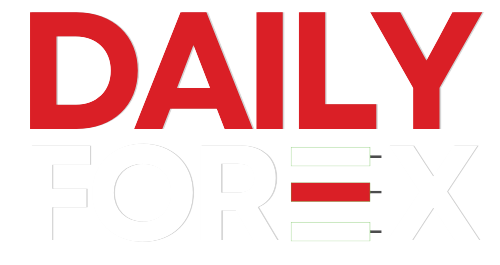Forex traders brace for major currency swings as economic indicators and geopolitical turmoil shape outlooks for the Japanese Yen (JPY) and Australian Dollar (AUD).
📌 Japanese Yen Outlook: Services PMI May Fuel BoJ Rate Hike Momentum
The Japanese Yen is under the spotlight as traders await Japan’s flash Services PMI data, expected to climb slightly from 51.0 in May to 51.5 in June. With services accounting for nearly 70% of Japan’s GDP, a stronger reading could reignite speculation that the Bank of Japan (BoJ) may raise interest rates in 2025.
Key elements such as price growth, labor trends, and demand will be closely monitored. If these components point to inflationary momentum, expectations for a BoJ policy tightening could strengthen, boosting the Yen. Conversely, any signs of weakness may weigh on JPY sentiment.
BoJ Governor Kazuo Ueda reaffirmed last week that the central bank is prepared to raise rates if inflation continues along a sustainable path toward the 2% target — signaling a potential shift from ultra-loose monetary policy.
🔍 USD/JPY Forecast: Fed Rate Cut Hopes Hang on US Services PMI
Later today, attention shifts to the US S&P Global Services PMI. Analysts expect a dip from 53.7 to 52.9 for June. A weaker reading could heighten bets for a Q3 rate cut from the Federal Reserve, weakening the US Dollar and sending USD/JPY down toward the 50-day EMA and possibly 144.5.
However, if US data remains strong — especially price components from the service sector (which makes up 80% of the US economy) — the Dollar may rally, pushing USD/JPY toward the 149.35 resistance level.
Key Scenarios:
- ✅ Bearish USD/JPY: Hawkish BoJ + weak US PMI + Middle East escalation = drop to 144.5
- ✅ Bullish USD/JPY: Dovish BoJ + strong US data + easing geopolitical tensions = rise above 149.35
📉 Australian Dollar Eyes Recovery as PMI Signals Mixed Momentum
Australia’s flash PMI numbers revealed a mixed bag. While the Manufacturing PMI rose to 51.3 in June from 51.0, Services PMI climbed to 51.0, up from 50.6. However, despite solid labor market figures and rising domestic demand, falling inflationary pressure adds weight to market expectations for further rate cuts by the Reserve Bank of Australia (RBA).
This push and pull sent AUD/USD slightly higher, from 0.6438 to 0.6443. But technical resistance remains in place, and risk aversion stemming from Middle East conflicts continues to cap gains.
📈 AUD/USD Forecast: Fed Data and RBA Signals to Drive Short-Term Moves
The AUD/USD pair remains vulnerable to external catalysts, especially today’s US PMI data. If US services activity disappoints and inflation shows signs of easing, the narrowing US-Aussie rate gap could drive AUD/USD toward 0.65 or even the recent high at 0.6552.
On the flip side, strong US data or dovish cues from the RBA may deepen downside pressure, dragging the Aussie below 0.64.
Key Scenarios:
- ✅ Bullish AUD/USD: US rate cut optimism + hawkish RBA tone = break above 0.6550
- ✅ Bearish AUD/USD: RBA dovish tilt + strong US data + geopolitical risk = drop toward 0.6380
🌍 Geopolitics: Middle East Conflict Could Shake Forex Markets
Beyond economic data, global tensions are rising. The Israel-Iran conflict and potential US involvement are keeping safe-haven flows elevated. If the situation escalates further, the Japanese Yen may benefit from a flight to safety, while risk-sensitive currencies like the Aussie Dollar could suffer.
🔔 Forex Market Watchlist: Key Catalysts Today
- USD/JPY: Japan PMIs, BoJ policy tone, US PMI data, Israel-Iran updates
- AUD/USD: Australian PMI trends, US Fed sentiment, RBA outlook, global trade dynamics
- Macro: Oil price volatility, US-China trade, and G7 geopolitical stances
Stay tuned with DailyForex.pk for live currency updates, expert analysis, and real-time market forecasts.




